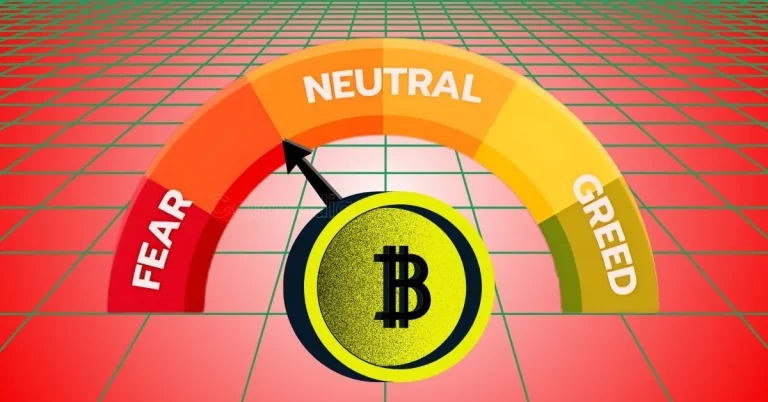
Italy’s Prime Minister Giorgia Meloni and her government are lobbying the European Union (EU) to advance its review of the 2025 environmental agenda, originally scheduled for 2026. This agenda notably includes a planned ban on the sale of combustion engine cars in Europe by 2035. Italy, in collaboration with the Czech Republic, is encouraging the continental bloc to acknowledge a wider array of mobility solutions, more than just battery electric vehicles and slower-to-adopt hydrogen cars, which implies reconsidering the restrictions on conventional combustion car sales.
The automotive industry currently faces significant challenges concerning production, employment, and global competition demanding urgent, EU-level coordinated action, according to a draft report by the Italian government. Meanwhile, the European automobile industry grapples with its European climate agenda targets amid growing Chinese competition and a slump in electric car demand from consumers. There are also concerns over additional export tariffs, especially for German manufacturers, following Donald Trump’s US election victory.
The European Commission, led by Ursula Von der Leyen, has agreed to make an exception for cars that run on efuels, made with captured carbon dioxide and renewable electricity. The EU’s future strategy focuses on maintaining the competitiveness of its automobile industry as a central part of its industrial policy.
Concurrently, other nations, such as France, are negotiating common ground to avoid sanctions for car manufacturers failing to meet carbon emission reduction targets by 2025. However, the EU’s existing CAFE regulation outlines a trajectory for reducing car CO2 emissions that will effectively lead to a ban on new combustion engine car registrations by 2035.
Meanwhile, the President of the Spanish Automotive Dealership Federation, Marta Blázquez, has called for the EU to push forward to 2025 the review of pollutant gas emission objectives for industrial vehicles, originally scheduled for 2027. The goal is to assess the necessary conditions for compliance and to eliminate fines for non-compliant companies.






